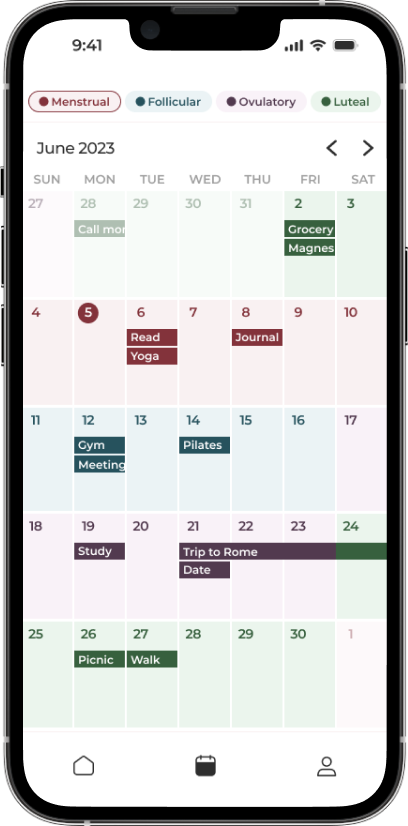How Your Words Shape Others’ Perception of You

Have you ever noticed that the way you describe others can somehow reflect back on you? It’s a psychological phenomenon known as spontaneous trait transference—a process where people subconsciously attribute the qualities you describe in others to you. So, when you call someone kind, hardworking, or even dishonest, people might begin to associate those traits with you, regardless of whether they logically connect.
Let’s explore this concept and see how your words not only impact your reputation but also shape how others perceive you. With the right mindset and tools, you can take control of this powerful phenomenon to build better relationships and a more positive self-image.
What Is Spontaneous Trait Transference?
Spontaneous trait transference occurs when the traits you assign to others become attributed to you by listeners. This means that if you’re constantly criticizing others, even if you don’t mean to, people may begin to see you in the same light. On the flip side, when you speak positively about others, you create a halo effect where those same qualities are associated with you.
Studies published in the Journal of Personality and Social Psychology confirm this: the more you criticize or praise others, the more these traits stick to you. And what’s fascinating is that this happens even when there’s no logical reason for people to attribute those traits to you—it’s a mindless association that can persist over time.

Check out the Vision to Action Planner for only 6$
More infoHow Spontaneous Trait Transference Impacts Your Professional Life
Imagine this scenario: you’re in a work meeting, and you describe a colleague as ineffective or difficult. Even if you believe you’re simply being honest, the people listening might begin to think those words apply to you, too. Over time, these subconscious associations build up, and you might find your own reputation taking a hit. Without realizing it, you could be creating a negative image of yourself by how you talk about others.
On the flip side, consider how different the situation would be if you focused on positive traits. By speaking well of others, you can indirectly position yourself as someone who embodies those same qualities, leading people to view you as competent, approachable, or empathetic.
How Spontaneous Trait Transference Affects Relationships
Beyond the workplace, this effect can shape your personal relationships. Constantly highlighting others’ flaws can make you seem judgmental or critical, even if that’s not your intent. If you describe someone as selfish or dishonest, those around you may start to wonder if you possess those same traits.
Alternatively, if you make it a habit to focus on people’s strengths—whether they’re your friends, family, or even strangers—others will likely start associating you with positive, uplifting qualities. The relationships you build will be stronger, and people will be more inclined to trust and respect you.
Taking Control of Spontaneous Trait Transference
Here’s the good news: you have the power to change this dynamic. If you’re aware of spontaneous trait transference, you can begin consciously shifting how you talk about others to align with the person you want to be perceived as. This doesn’t mean you need to be insincere or sugarcoat everything, but you can make a mindful effort to emphasize the positive rather than the negative.
Practical Steps to Shift Your Words and Reputation
- Practice Self-Awareness: Pay attention to how you talk about others, especially in moments of frustration or stress. When you feel the urge to criticize, ask yourself if it’s necessary and what impact it might have on how others view you.
- Focus on Positivity: Instead of pointing out someone’s shortcomings, focus on their strengths or areas where they excel. This doesn’t just benefit them—it benefits you by building an image of someone who sees the good in others.
- Balance Criticism with Praise: In situations where you do need to offer constructive criticism, try to balance it out with positive feedback. This creates a more balanced view of the person you’re discussing and softens the negative associations others may have toward you.
- Reflect on Your Conversations: After interactions, reflect on whether your words aligned with the kind of person you want to be perceived as. Did your comments build up others or tear them down? This reflection helps you adjust for future conversations.
How a Life Coach Can Help You Transform Your Communication
Sometimes, shifting your mindset and communication patterns is easier said than done. This is where a life coach can be a valuable resource. I can help you:
- Identify negative communication habits: I’ll work with you to recognize when and how you may be unknowingly contributing to negative perceptions through your words.
- Develop positive communication strategies: As a life coach, I will provide practical techniques for speaking in ways that reflect the person you want to be seen as, ensuring that your words are aligned with your goals and values.
- Increase emotional intelligence: By working with me, you can become more aware of your emotions and how they impact your communication, helping you respond thoughtfully instead of reacting impulsively.
- Build a positive reputation: I will guide you in building a reputation that reflects your true self, helping you create stronger, more authentic relationships both personally and professionally.
In the end, you are what you speak. Through the power of spontaneous trait transference, the traits you assign to others may become associated with you, for better or worse. By understanding and taking control of this process, you can build a more positive reputation and create deeper, more trusting relationships. And if you need help on this journey, a life coach can guide you every step of the way, ensuring that your words align with the leader you want to be on your own planet. Contact me today to start transforming your communication and, ultimately, your life.
Still waiting for the 'perfect time'?
Email me what you'd do if you stopped making excuses. We'll work backwards from there.
Let's startRecent posts
-
The Complete Guide to Becoming a High Achiever
Read blog -
How To Make a Positive Impact in Your Community
Read blog -
What Is the “Winter Arc” Challenge?
Read blog -
What Is "the Great Lock-In" and Should You Try It?
Read blog -
What Are the 75 Hard and Soft Challenges?
Read blog -
How to Validate Yourself
Read blog

The App Made To Sync Your Lifestyle to Your Menstrual Cycle.
A solution for women who are looking to keep track of what they sync to their cycles, such as fitness, diet, etc. by adding it to a calendar that also predict their phases.
Learn more





Comment